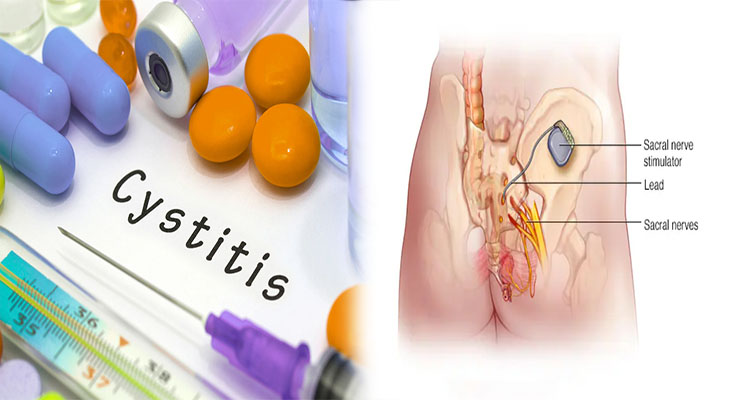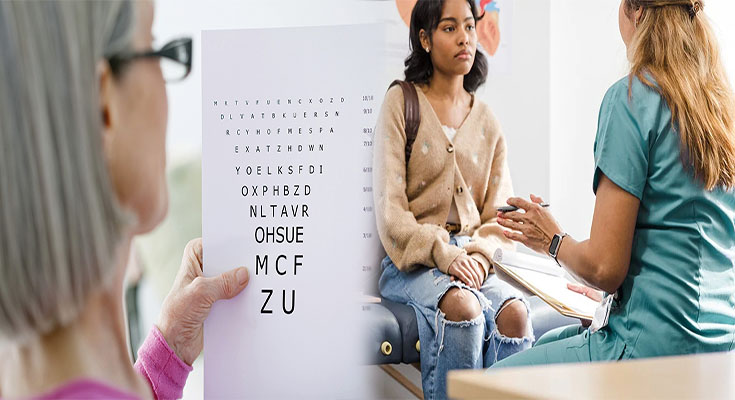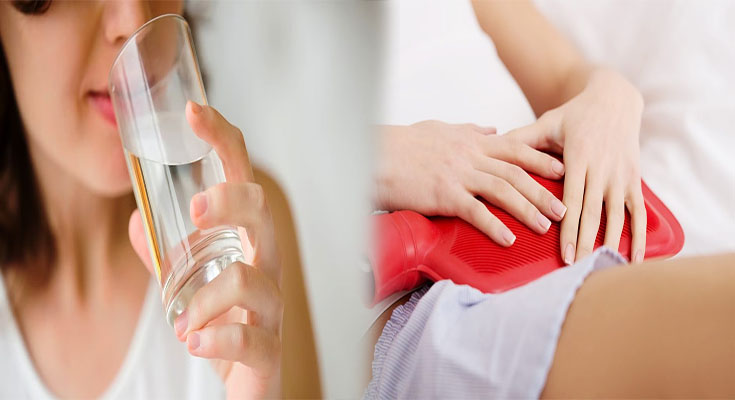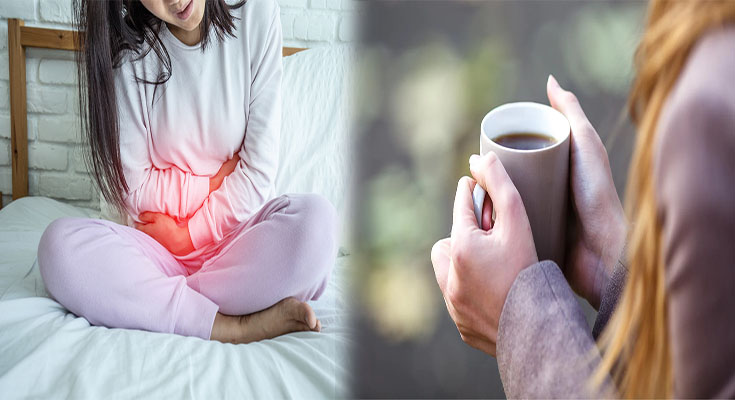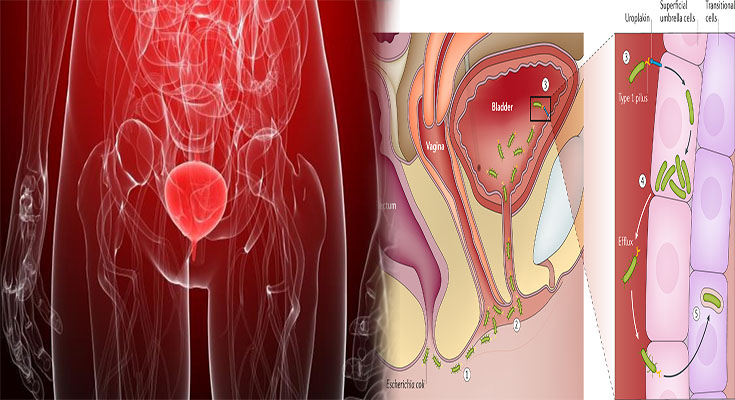
Interstitial Cystitis & Recurrent Bladder Infections
Interstitial cystitis (IC), also known as painful bladder syndrome, is a chronic condition that causes recurring pain in your bladder and pelvic area. Many people with IC also experience urinary urgency, pelvic pain and pressure, frequent urination and urinary tract infections.
While there’s no cure for IC, treatments can help reduce symptoms and make life easier to live. Here are answers to common questions about interstitial cystitis.
What is Interstitial Cystitis?
Interstitial cystitis is a chronic condition that causes painful bladder syndrome. It’s also known as painful bladder syndrome, or IC/PBS for short.
Interstitial cystitis can cause inflammation and irritation in the lining of your bladder (the organ that stores urine). This can lead to frequent urination, pain or discomfort when you urinate, pelvic pain and pressure, blood in your urine or the feeling that you need to pee even when there’s nothing left in your bladder.
If you have …
Interstitial Cystitis & Recurrent Bladder Infections Read More

